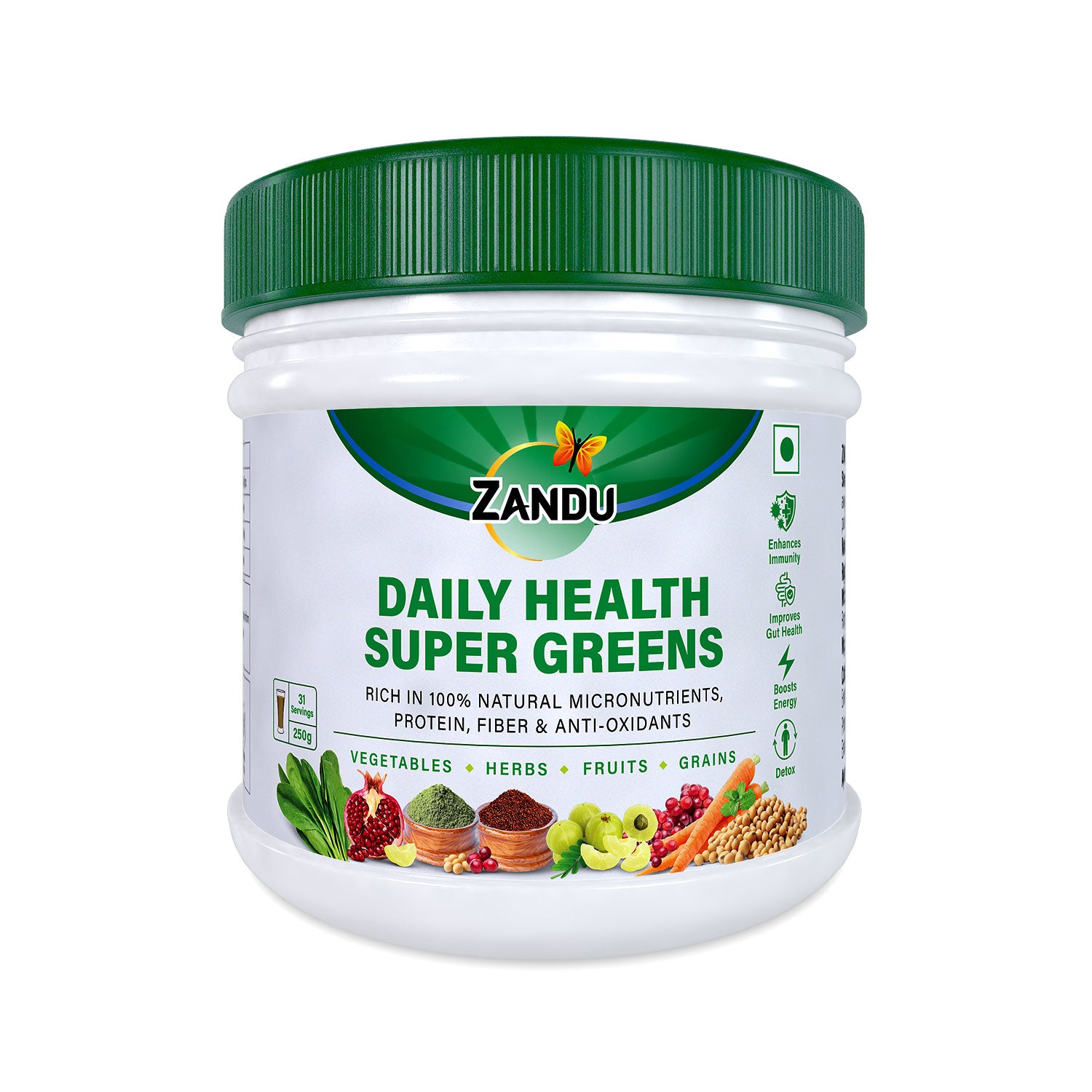Looking for a Gut Health Supplement? Here’s What You Need to Know
Looking for a Gut Health Supplement? Here’s What You Need to Know
Blog Article
Discover the Key to Food Digestion and Immunity With Gut Health Assistance

Recognizing Digestive Tract Health
Comprehending gut wellness is important for total health, as it plays a considerable duty in digestion, immunity, and even psychological health and wellness. The digestive tract, making up the stomach tract, is in charge of damaging down food, soaking up nutrients, and eliminating waste. A well balanced intestine environment ensures reliable digestion, permitting the body to make use of nutrients efficiently.
Additionally, gut wellness considerably affects the body immune system. The digestive tract houses a substantial section of the body's immune cells, and a healthy and balanced digestive tract can assist fend off virus and minimize swelling. Disturbances in gut health can bring about an over active immune reaction, possibly adding to autoimmune conditions and allergic reactions.
Furthermore, the digestive tract is usually described as the "2nd brain" due to the gut-brain axis, a complicated communication network connecting the mind and the gut. This connection affects state of mind, cognition, and psychological wellness. Concerns such as dysbiosis, characterized by a discrepancy in intestine microorganisms, have been related to psychological health and wellness conditions, consisting of anxiety and clinical depression.
The Intestine Microbiome Explained
The intestine microbiome, a diverse area of microbes residing in the stomach system, plays a crucial duty in maintaining digestive system health and wellness and total well-being. Comprising trillions of microorganisms, viruses, fungi, and various other germs, this complex ecosystem help in the digestion of food, the synthesis of important nutrients, and the law of metabolic procedures.
Each individual's gut microbiome is distinct, influenced by elements such as diet regimen, way of living, genes, and ecological direct exposures. A balanced microbiome sustains optimal digestion by damaging down complex carbohydrates, producing short-chain fats, and promoting the absorption of nutrients. On the other hand, an imbalance, commonly described as dysbiosis, can bring about digestion problems, consisting of irritable bowel disorder (IBS) and inflammatory bowel condition (IBD)
Research has actually shown that a diverse microbiome is linked with far better health and wellness results, highlighting the value of dietary options in nurturing these microorganisms. Foods rich in fiber, probiotics, and prebiotics, such as fruits, veggies, and fermented items, can promote a healthy and balanced microbiome. Understanding the gut microbiome is important for developing targeted interventions aimed at boosting digestive wellness and stopping gastrointestinal illness.

Connection In Between Digestion and Immunity
A robust connection exists in between food digestion and resistance, highlighting the critical role of the digestive tract in preserving overall health. The stomach system is home to trillions of microorganisms that create the intestine microbiome, which substantially affects both digestion procedures and immune responses. This facility environment help in breaking down food, soaking up nutrients, and offering necessary metabolites that support immune feature.
When food digestion is efficient, the digestive tract barrier remains undamaged, protecting against hazardous pathogens from this contact form going into the bloodstream (gut health supplement). Conversely, poor digestion can result in an inequality in the microbiome, causing dysbiosis, which has been connected to numerous wellness problems, consisting of autoimmune conditions and inflammatory disorders. Additionally, about 70% of the immune system lives in the gut-associated lymphoid tissue (GALT), which connects carefully with the digestive tract microbiome. This interaction guarantees that the body immune system can efficiently compare valuable and hazardous materials.
Tips for Sustaining Digestive Tract Health And Wellness
Supporting intestine wellness is crucial for maintaining both digestion effectiveness and a well-functioning body immune system. To promote optimum digestive tract health and wellness, take into consideration integrating several sensible methods into your daily regimen.
First, focus on hydration. Drinking appropriate water supports food digestion and assists preserve the mucosal cellular lining of the intestines. In addition, regular physical activity can boost digestive tract motility and promote a varied microbiome.
Conscious eating methods are likewise essential. Eating food extensively and eating gradually can aid food digestion and stop overindulging, which may stress the gut. Handling stress through methods such as reflection, yoga exercise, or deep-breathing workouts can favorably affect gut health and wellness, as tension is known to interrupt gastrointestinal procedures.
Integrating prebiotics and probiotics into your routine is an additional efficient approach. While certain foods will certainly be reviewed later, understanding the significance of these components is critical. Prebiotics act as food for beneficial gut bacteria, while probiotics present live useful microorganisms.
Finally, stay clear of extreme usage of prescription antibiotics, as they can interfere with the equilibrium of digestive tract plants. By following these ideas, you can substantially add to the maintenance of a healthy digestive tract, which is important for total health and vitality.
Foods That Promote Gut Health

Fermented foods, such as yogurt, sauerkraut, kefir, and kimchi, are abundant in probiotics, which are beneficial germs that sustain digestive tract plants and enhance food digestion. These foods can aid recover equilibrium in the gut, particularly after antibiotic usage or digestion disruptions.
In enhancement to fermented alternatives, prebiotic foods, such as garlic, onions, asparagus, and bananas, serve as nutrients for these probiotics, advertising their growth and task. These soluble fibers support gut motility and can ease issues like constipation.
In addition, including high-fiber foods, including whole grains, vegetables, legumes, and fruits, is important for keeping a healthy and balanced digestive tract. Fiber help in routine defecation and aids protect against digestion disorders.
Lastly, omega-3 fats found in fatty fish, flaxseeds, and walnuts have anti-inflammatory buildings that can even more support gut wellness. Stressing these foods in your diet regimen can result in a durable digestive system and enhanced immune feature.
Verdict
Finally, focusing on gut wellness is crucial for optimizing food digestion and boosting resistance. A well balanced gut microbiome, affected by nutritional options and way of living factors, plays a crucial function in nutrient absorption and inflammation reduction. Including fermented foods, prebiotics, and high-fiber options, together with appropriate hydration and anxiety monitoring, can substantially promote digestive tract health. By embracing these approaches, individuals can sustain total wellness and vigor, unlocking the potential benefits of a well-functioning intestinal system.
Understanding digestive tract wellness is important for total wellness, as it plays a considerable role in food digestion, immunity, and also mental health. The gut houses a considerable part of the body's immune cells, and a healthy and balanced intestine can aid fend off microorganisms and decrease inflammation.Furthermore, the digestive tract is typically referred to as the "2nd brain" due to the gut-brain axis, a complicated interaction network linking the intestine and the brain.A robust link exists in between digestion and immunity, highlighting the critical role of the gut in maintaining overall health.In conclusion, pop over to this site focusing on gut health and wellness is important for enhancing digestion and improving resistance.
Report this page